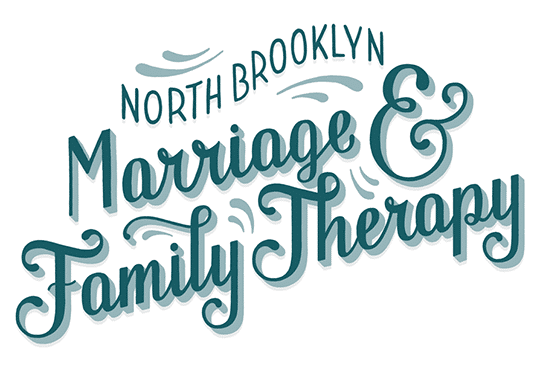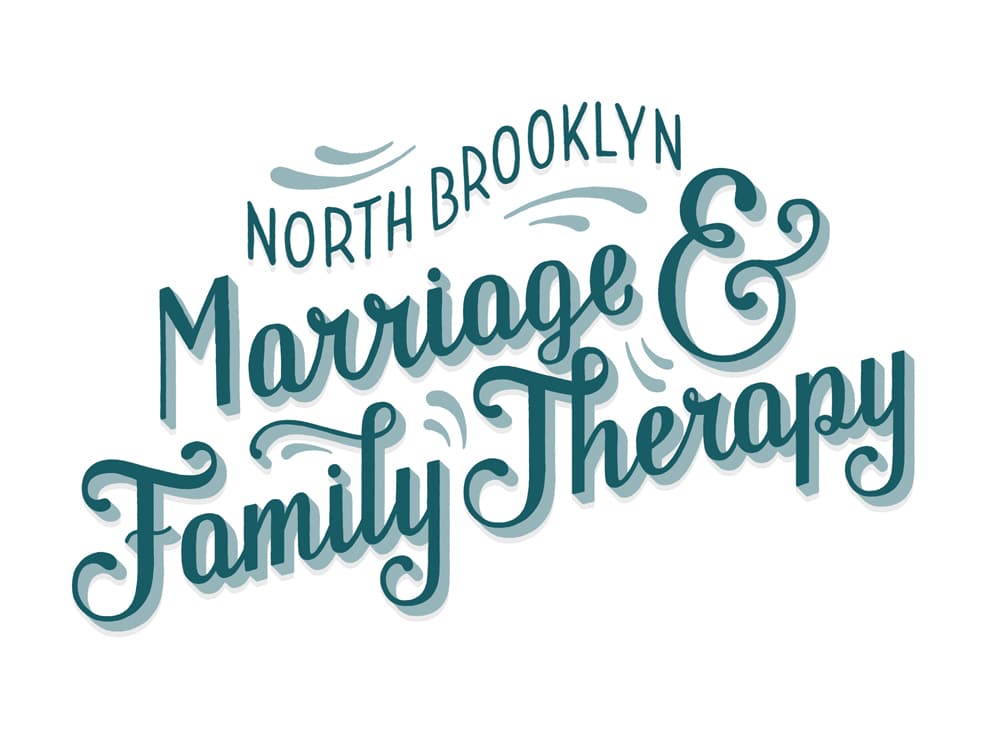
Sometimes it’s hard to remember to be a good listener, especially for your partner. For example, if you’ve been together for a long time, you might feel like you can anticipate what they’re going to say. After all, you’ve been finishing each other’s sentences for a long time. Or maybe you’re in the middle of an argument, and you’re more focused on getting your point across. Perhaps, you’ve had a heck of a week, and all you want is an hour by yourself to be quiet and decompress.
Whatever the reason you’re being
Why is being a good listener important in a relationship?
Do you remember the early days of your relationship when you would stay up all night talking about nothing and everything? You were hanging on each other’s every word, learning about each other — and building intimacy and trust.
As time goes on and you fall into the routine of daily life and responsibilities, you may not experience the same intensity (of anything) that you did in the early days, but you should take time to foster your intimacy and trust in each other. Talking and actively listening to each other demonstrates that you not only see and hear your partner but that you’re interested and invested in what they’re saying.
Being a good listener allows your partner to open up and be vulnerable with you. A close and intimate relationship provides a safe space to be vulnerable and to share your worries, fears, and dreams.
What is active listening?

Active listening, as the name indicates, is the practice of genuinely listening to another person and concentrating on what they’re saying, both verbally and non-verbally. It allows your partner to feel your love and attention and know that you truly hear what they have to say.
How can I improve my listening skills?
While the steps of active listening can feel formulaic, with practice you can make active listening a habit, so it feels like second nature.
Be interested
Listening is more than being quiet until it’s your turn to talk. It’s a selfless act of being a blank slate for your partner, putting aside your thoughts and judgments so you can take in everything your partner is saying.
Mirror and repeat
You can demonstrate that you’re listening to your partner by repeating what they’ve said back to them. For example, if your partner is talking about a problem they’re facing at work, you could repeat back to them “It sounds like XX project is challenging” or “it sounds like you’re saying…” At the same time, you can mirror their body language or lean toward them to physically demonstrate your interest.
Ask questions to clarify
Another listening tool you can practice is asking questions for clarification. In addition to showing your partner that you want to understand them, it also helps you make sure you do understand and that you’re not making any assumptions about their thoughts or feelings.
Empathize
Sometimes you or your partner might just need to vent and get some emotions off your chest. It’s normal to want to offer advice and help your partner resolve their problem, but that’s not always what they’re looking for. Sometimes, all your partner wants to hear is “That sounds like it was tough for you” or “That must make you feel…” If your partner wants your advice, they’ll probably ask you for it.
Validate
Validation lets your partner know that you not only understand what they’re saying but why they’re saying it. Phrases like “I can see why you feel that way” or “I understand why that makes you feel happy/frustrated/sad” show that you understand their point of view. It shows that you value and respect them.
It’s okay if you don’t practice active listening all the time. However, if you and your partner are going through a stressful time or starting to feel disconnected or that your intimacy is fading, taking time and patience to listen to each other is a great way to rebuild intimacy and trust.
If you don’t know where to start or are concerned about your ability to communicate with your partner, contact the team of compassionate counselors at North Brooklyn Marriage and Family Therapy. Working with a counselor can help you improve your communication skills including listening to strengthen your relationship.


